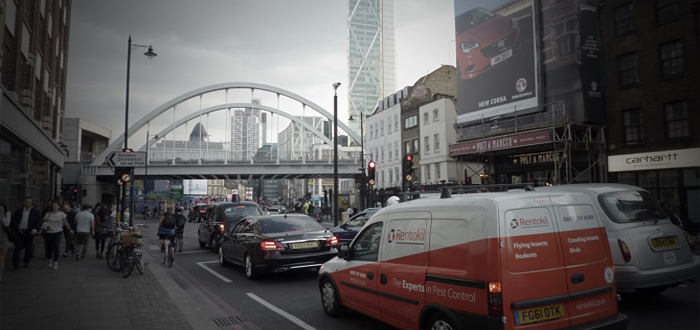-
ROSSLARE EUROPORT TARGETS HEALTH & SAFETY WITH CAMERA TELEMATICS PARTNERSHIP - 2 days ago
-
Landmark Study Reveals Wearable Robotics Significantly Boost Safety and Efficiency in Industrial Environments - July 24, 2024
-
Visku Tackle The Retail Seasonality Challenge One Pallet At A Time - July 22, 2024
-
KAMMAC AND BERGEN LOGISTICS STRENGTHEN FASHION & LIFESTYLE SERVICES IN THE UK - July 19, 2024
-
TENTBOX EXTENDS PARTNERSHIP WITH ARROWXL TO SUPPORT INCREASING DEMAND - July 17, 2024
-
The Perfume Shop improves customer journeys while driving profitability in partnership with Scurri - July 17, 2024
-
ZEROMISSION SECURES £2.3M ($3M) INVESTMENT TO ACCELERATE ELECTRIC FLEETS - July 16, 2024
-
BCMPA CELEBRATES SUCCESS OF 2024 CONFERENCE - July 15, 2024
-
Best of the Best: Jungheinrich Celebrates Triple International Award Win - July 12, 2024
-
GOPLASTICPALLETS.COM CALLS ON NEW CHANCELLOR RACHEL REEVES TO CONSIDER PLASTIC PACKAGING TAX REFORM - July 10, 2024
Budget should include distance-based lorry charging to make road freight efficient, say campaigners
New UK Government figures show that road freight is inefficient with only 34 per cent of HGVs fully loaded by volume and 30 per cent travelling around completely empty.
Therefore, Campaign for Better Transport is calling for a distance based lorry charging system, in the Budget , capable of measuring the actual impact lorries have on our roads.
A distance-based lorry charging system, instead of the existing old fashioned time-based system, would force the road haulage industry to be more efficient and thus reduce lorry miles, something which has not happened so far without financial incentives.
Furthermore a distance based system could differentiate charging, based on vehicles’ pollution, to incentivise newer less polluting vehicles.
Recent research for Campaign for Better Transport showed that heavy goods vehicles (HGVs) are only paying around 30 per cent of their costs in terms of road congestion, road fatalities and pollution . These conclusions are in line with two separate pieces of research .
Philippa Edmunds, Freight on Rail Manager said:
“Currently, road haulage is very competitive but not efficient. Introducing distance-based lorry charging, which is common-place in most Western countries, will make road haulage more efficient and thereby reduce congestion, road fatalities, road damage and pollution as well as allowing sustainable modes to compete more fairly. For example, in Germany empty lorries have reduced from 29 per cent to 18 per cent.”
She added:
”The latest FTA report, Do HGVs pay their way, issued this week, fails to even mention any of the congestion, collisions and pollution impacts of lorries. And yet the latest Government figures show that HGVs are almost seven times more likely than cars to be involved in fatal collisions on minor roads. In terms of road infrastructure damage, the standard 44 tonne 16.5 metre HGV, the industry workforce, is 136,000 times more damaging than a Ford Focus.

































